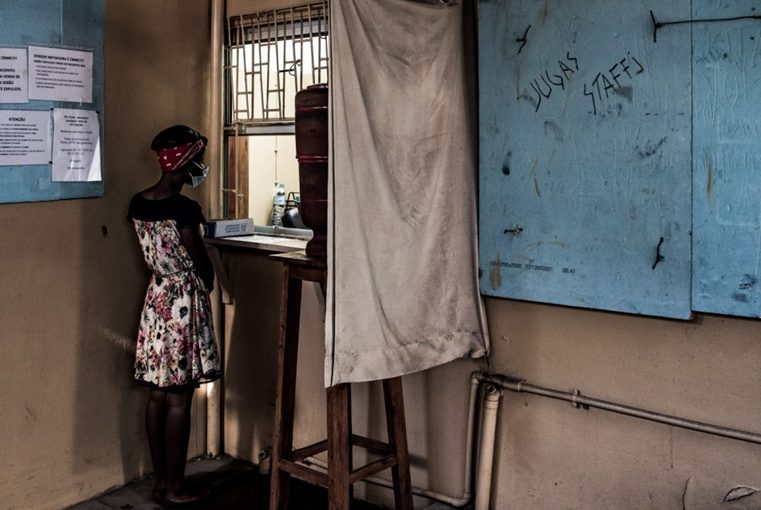Mozambique: More than 50,000 in Mabalane and Chibuto still consuming unsafe water
Substance abuse assistance in Maputo City surges 46% in first half of 2025

FILE – The Mafalala Pilot Centre, where 7,707 people received substance abuse assistance in the first half of 2025, according to Filimone Naftal. [File photo: MSF/Óscar Corral]
The number of people receiving substance abuse prevention and treatment services in Maputo City rose 46% in the first half of 2025 compared with the same period last year, the city’s Drug Prevention and Control Office (GPCD-CM) said on Wednesday.
Filimone Naftal, head of GPCD-CM, told a multi-sector forum that health units and treatment centres assisted 5,951 people between January and June, up from 4,070 a year earlier. Of these, 1,086 were treated as inpatients — 1,038 men and 48 women — while 4,865 received outpatient care.
Naftal said the increase reflects both the seriousness of substance abuse and growing community confidence in rehabilitation and social reintegration services. During the same period, 7,731 young people received counselling and psychosocial support, exceeding the city’s target of 7,000 by 10.4%.
He added that 296 patients were successfully reintegrated into their families after treatment. “Reintegration is essential not only for clinical recovery but also for restoring family support, which plays a key role in preventing relapse,” Naftal said.
Alcohol remains the most widely abused substance in the capital, with 1,737 outpatient cases and 402 hospitalisations recorded. The most affected age group was 14 to 35, accounting for 253 admissions linked to harmful alcohol consumption.
Naftal called the trend “alarming” given its impact on the city’s youth, and urged stronger prevention and awareness policies. He said community-based actions and local activists had been instrumental in secondary prevention efforts.
At the Mafalala Pilot Centre, 7,707 people received assistance for substance abuse in the first half of the year. Of these, 4,910 were tested; 408 tested positive and 338 were referred for treatment. Naftal said the data underline the importance of coordination between clinical and community-level interventions.
State Secretary for Maputo City Vicente Joaquim praised the progress achieved but noted that drug consumption and trafficking remain pressing challenges. He called for sustained coordination between government, civil society and families, alongside continued monitoring and evaluation of ongoing programmes.












Leave a Reply
Be the First to Comment!
You must be logged in to post a comment.
You must be logged in to post a comment.